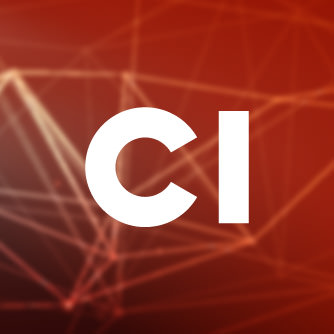Credits
- MOOC coordinators Manuel Gértrudix Barrio & Rubén Arcos Martín
- Content written by Mihaela Teodor
- Multimedia design by Alejandro Carbonell Alcocer
- Visual Identity by Juan Romero Luis
Opinion and news media
Include here the subtitle no dots at the end
The public sphere is an arena strictly set aside for public deliberation. In today’s digital society, the rise of social media such as Twitter and Facebook has resulted in increased public discussions on various political issues. So, it can be argued that opportunity and access to voice your political opinion and reach thousands of people via microblogs, blogs, or other social media participation is enhancing the participatory democracy and freedom in public sphere. Today, as citizens unite for a cause on the Internet, it seems as though a new arena for public debate and discourse has been realized. Further, it appears that engagement with journalism is changing. In these countries where newspapers, magazines, and independent television stations are not permitted to exist it appears an especially active and engaged online population emerges. One who’s actions will transcend the blogosphere and engage a populace beyond that of cyberspace. Recently, we saw internet-planned revolutions take to the streets in Chisinau, Moldova, Iran, Georgia and Ukraine. Thus, different media can be used for diverse public opinion(s) purpose: television, newspaper, radio, social networking sites, face-to-face communication as we can see in figure 1.
Different media can be used for diverse public opinion(s). Source: The evolution of revolution.
Methodology and Resources
- Paula Miller, What Habermas do? March 2010, available on the evolution of revolution
- October 28, 2017November 15, 2017 Rucha, Rampages
- Introduction to Sociology. (2016). Castells and the Network Society. YouTube, available on Youtube







